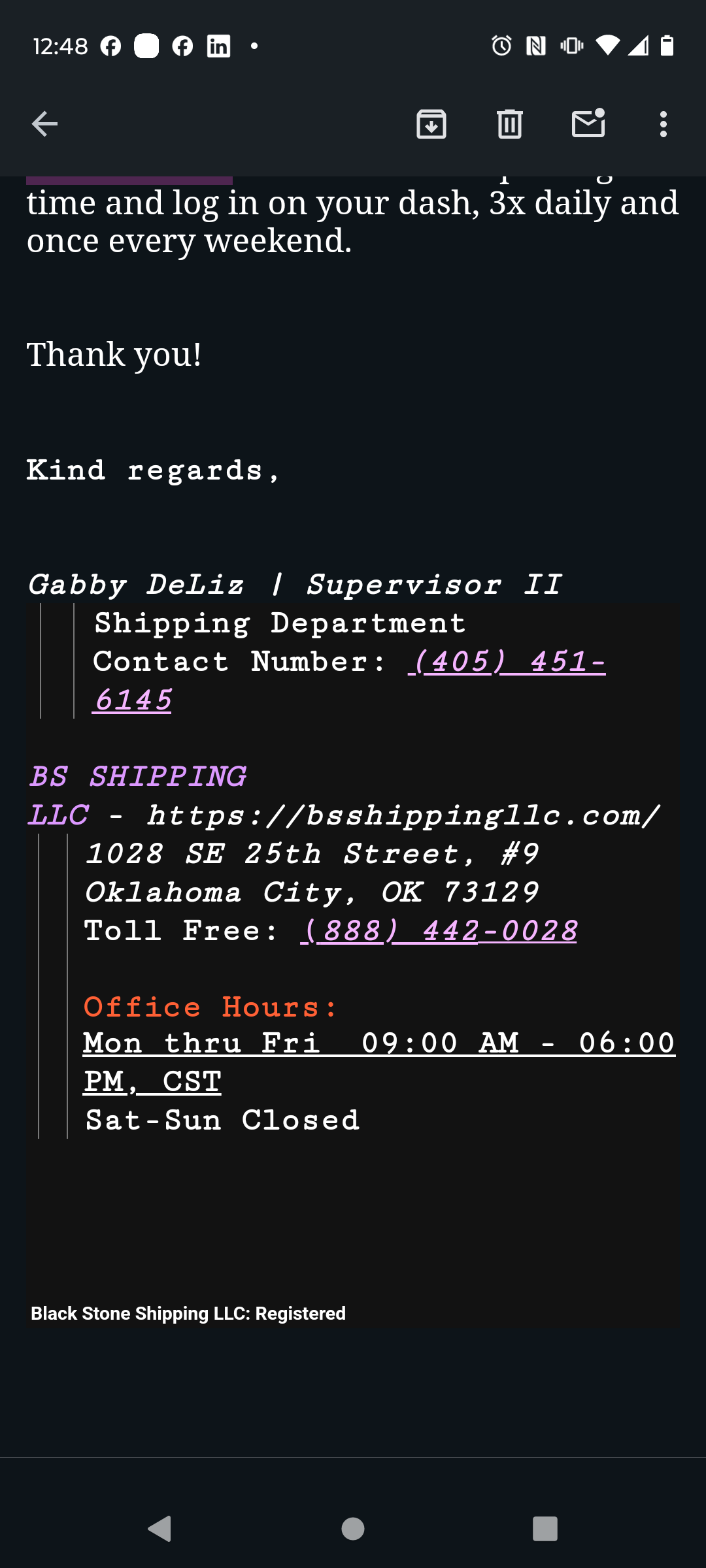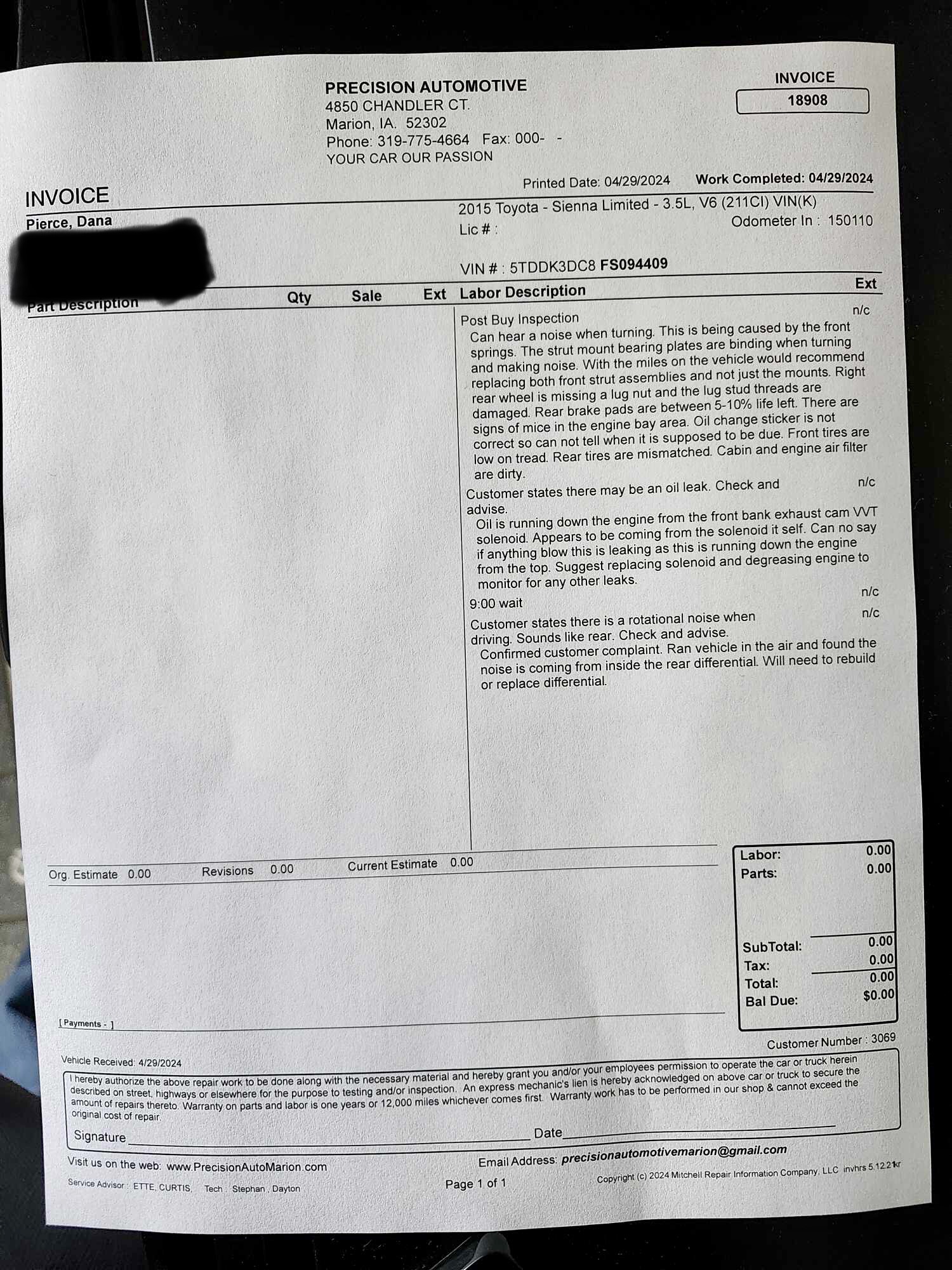- Report: #452802
Complaint Review: Captial One Bank Jacques A Machol Jr. - Denver Colorado
Captial One Bank, Jacques A Machol Jr., Attorney Garnished money from my savings account without notification. The money was my savings from a Federal Student Loan and leftover funding from National Insitutes of Health Government and CDC Research Grant to be used to cover my living my expenses and graduate research. Denver Colorado
I also receive a very small income for teaching part-time, but this income is only part of the year, so I have to put money away each month. The savings that I had was there to cover my rent and living expenses through the summer, as I will have 2 months of no income, but am still required to work on my research.
Tonight I noticed that my entire savings and part of my checking account has been garnisheed by Capital One Bank, represented by an attorney named Jacques A Machol Jr.
I have never recieved a summons or any type of notification about this. I would have never known if I had not checked my bank account this evening.
I also see that others have had similar problems with these attorneys in Colorado.
I have three questions:
Can funds be removed from an account without a summons or notification?
Is it legal to garnishee federal student loans or federal research grant funds?
Do I have any recourse?
Anthro1
Boulder, Colorado
U.S.A.
3 Updates & Rebuttals
Tim
Grand Haven,Michigan,
U.S.A.
Sara's got it right
#2Consumer Comment
Sun, May 24, 2009
Sara's rebuttal was spot on. I'll just expand on it, and speculate as to what probably went down. The ONLY way that ANY bank is going to allow for garnishment or seizure of your account funds (absent your own, written consent) is with a court order. There are only two ways they could obtain this. The first, and more likely, is by procuring a judgment against you. The second is by filing a suit against you and having the funds frozen pending the outcome of the suit (this is probably not what happened). My hypothesis, and I would certainly bet on this being correct, is that you were sued while you were off doing research. You didn't receive ACTUAL notice of the suit because you were out of town. However, ACTUAL notice is not required. While personal service of a summons and complaint is always the preferred method of notifiying someone of a pending lawsuit, alternative service (notification) methods are available if personal service can't be made. These methods can easily satisfy applicable court rules without actually notifying you of the pending lawsuit. For example, let's say that process servers can't personally hand you the summons and complaint because you are not in the state and are thus physically outside of the jurisdictional reach of the court. But you do maintain a residence in the state and have a roommate who is home. Service can then be made by handing the summons and complaint to the roommate. Unfortunately, the roommate sets the paperwork aside and forgets about it. The applicable court rule gives you 21 days to file an answer to the complaint. The 21 days go by without your answer and the plaintiff (Capitol One in your case) moves for and is granted a default judgment. Now, after the requisite time lapses, the Plaintiff applies to the court for an order to seize your property to satisfy the judgment. This order is then used to garnish the money in your bank accounts. In this scenario, which is probably pretty close to what actually happened, the plaintiff followed all the rules, the funds are not exempt from garnishment, and the garnishment is perfectly legal. Your recourse is to have the default judgment set aside. Most states have at least one court rule that allows for this. You would have to meet certain criteria, file a motion, and cross your fingers. And that would just be the beginning of a journey to get your money back. You will most certainly need a lawyer, the process will be quite drawn out, and there is definitely no guarantee that you would be successful at any of the several steps you would have to take to get back your money. So best of luck to you, but I'm sorry to say that there is NO easy way for you to get your money back.
Sara
Denver,Colorado,
U.S.A.
Ummm, not fraud
#3Consumer Comment
Mon, May 18, 2009
Unfortunately Steph is incorrect about being able to report this as fraud. In order for them to garnish your bank account they would have had to have produced a court approved judgement/garnishment. No bank would allow funds to be withdrawn without it. They can take your money. The only funds that are not garnishable, if I am remembering correctly, are Social Security or Railroad Retirement benefits, and there are a couple other sources which are not coming to my brain at this time. I do not think that student loan funds are exempt. Ask your bank to provide you with a copy of the garnishment if they have not done so already. If you were not served with papers for a court appearance regarding the debt you can file a dispute with the court. It won't be a quick process but it is worth a shot. Your bank is a third party to this, they were bound by the law to seize the funds in your account. Good luck!
Steph
Minor Hill,Tennessee,
U.S.A.
They cannot touch your car or bank account
#4Consumer Comment
Mon, May 18, 2009
They cannot touch your bank account. I would go to my bank and report a fraud on this. If there is no court order this was done illegally and I would report this .After you get your money back close the account and reopen it with new #s.u I would imform the bank that you do not recoginze the transaction and it was done with out your authorization























